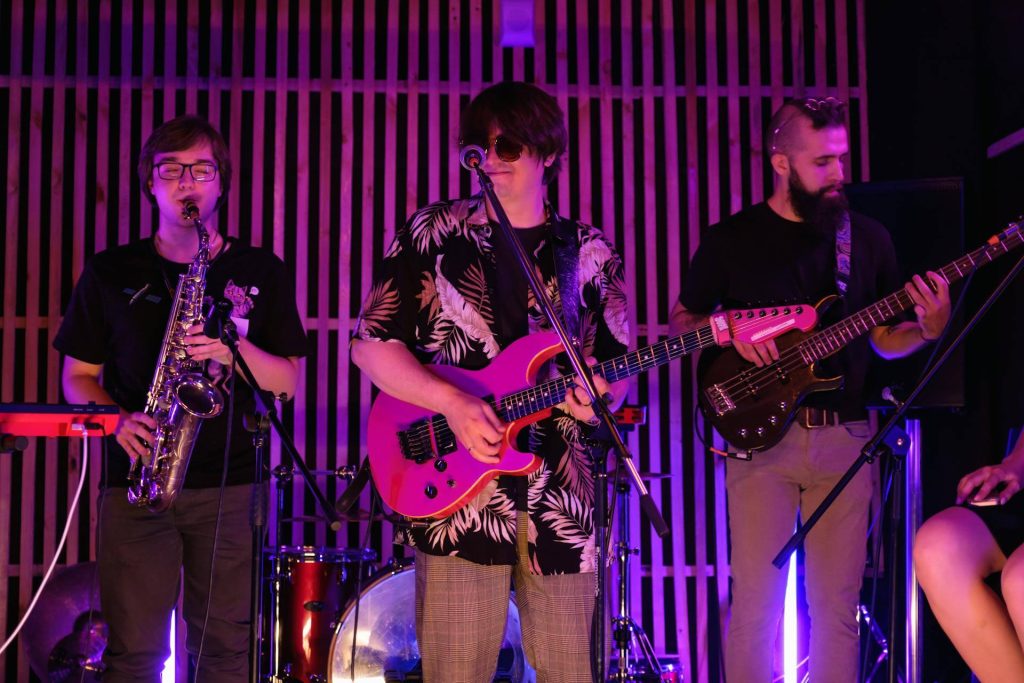Music is often described as the universal language, a means of expression that transcends borders, cultures, and languages. It connects us in ways that words alone cannot. From the rhythms that make our hearts beat faster to the melodies that evoke deep emotions, music has the power to unite people across the world. It has been a part of human culture for thousands of years, and it continues to evolve, shaping societies and bringing people together in times of joy and sorrow alike.

The Evolution of Music
The journey of music through history is one of transformation and innovation. What began as simple vocal chants and primitive instruments has expanded into a diverse range of genres, styles, and technologies. Early music revolved around acoustic sounds and human voices, but with time, instruments like the piano, guitar, and drums revolutionized music. The 20th century saw the rise of recorded music, from vinyl records to digital platforms, changing how we consume music and how musicians connect with audiences. Today, music has become more accessible than ever, thanks to streaming services and online platforms that allow listeners to discover new sounds from across the globe.
The Power of Music on Emotions
One of the most remarkable aspects of music is its ability to influence our emotions. Whether it’s a song that reminds you of a loved one, an upbeat anthem that motivates you to start your day, or a slow ballad that tugs at your heartstrings, music has the unique power to change our mood instantly. Studies have shown that listening to music can reduce stress, improve mental health, and even enhance cognitive function. It has become an essential tool for therapy, helping individuals with anxiety, depression, and even chronic pain find relief. From personal playlists to public concerts, music creates an emotional experience that is deeply personal and widely shared.
Music as a Form of Art and Creativity
Beyond its emotional impact, music is a form of art that showcases human creativity. Composers, songwriters, and musicians pour their passion and talent into creating pieces that reflect their inner world. Whether it’s classical symphonies that tell stories through orchestration or modern pop tracks that combine catchy beats and lyrics, music is a canvas for personal expression. Artists use music to explore themes such as love, loss, social issues, and political movements, making it an important medium for cultural dialogue. Music is a reflection of the time, place, and experiences of its creators, and it holds a mirror up to society in profound ways.
The Future of Music in the Digital Age
The digital age has transformed every aspect of the music industry, from production to distribution. Artists now have access to powerful software that allows them to produce professional-quality tracks from the comfort of their home studios. Music streaming services like Spotify, Apple Music, and YouTube have become the primary means of accessing music for millions of listeners worldwide. The future of music will likely see further advancements in virtual reality concerts, AI-generated music, and even more personalized listening experiences. As technology continues to advance, music will remain at the forefront of innovation, continuing to push boundaries and create new opportunities for artists and listeners alike.
